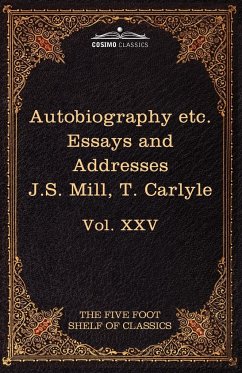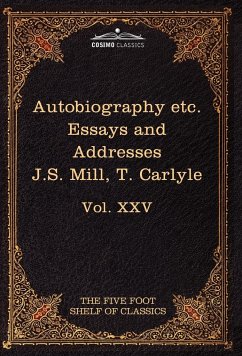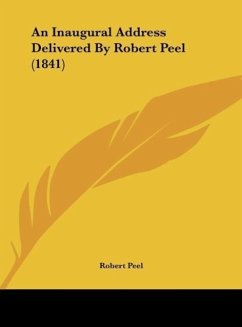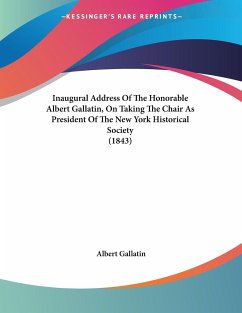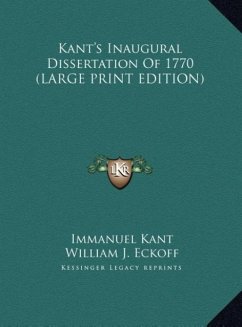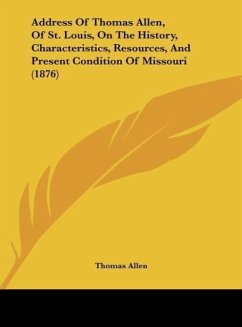Originally published between 1909 and 1917 under the name "Harvard Classics," this stupendous 51-volume set-a collection of the greatest writings from literature, philosophy, history, and mythology-was assembled by American academic CHARLES WILLIAM ELIOT (1834-1926), Harvard University's longest-serving president. Also known as "Dr. Eliot's Five Foot Shelf," it represented Eliot's belief that a basic liberal education could be gleaned by reading from an anthology of works that could fit on five feet of bookshelf. Volume XXV contains works by two great 19th-century writers: On Liberty, the greatest work from British political philosopher JOHN STUART MILL (1806-1873), often mentioned in the same breath with the Communist Manifesto; and his 1873 autobiography, in which Mill reveals how his life was inextricably connected to that of his father, Scottish philosopher James Mill. And from Mill's close friend, Scottish essayist THOMAS CARLYLE (1795-1881): the 1831 essay "Characteristics," a critique of Romanticism; "Inaugural Address at Edinburgh," from 1866, a fascinating and telling summary of his own intellectual history; and an 1838 piece, "Sir Walter Scott," that explains the ethical rather than aesthetic foundations of his literary criticism. English philosopher and politician JOHN STUART MILL (1806-1873) served as an administrator in the East Indian Company from 1823 to 1858, and as a member of parliament from 1865 to 1868. Among his essays on a wide range of political and social thought are Principles of Political Economy (1848), Considerations on Representative Government (1861), Utilitarianism (1863), and The Subjection of Women (1869).

